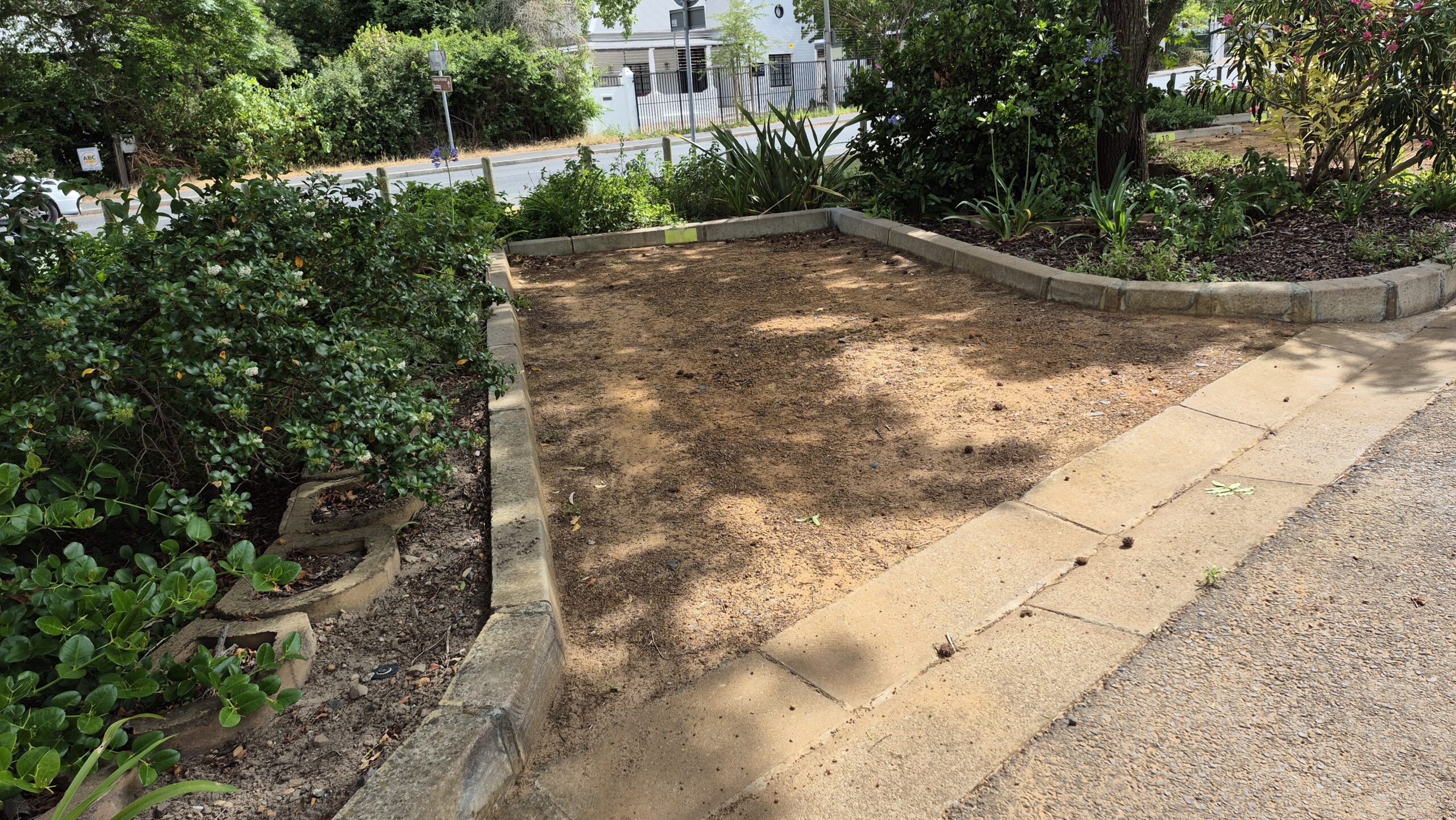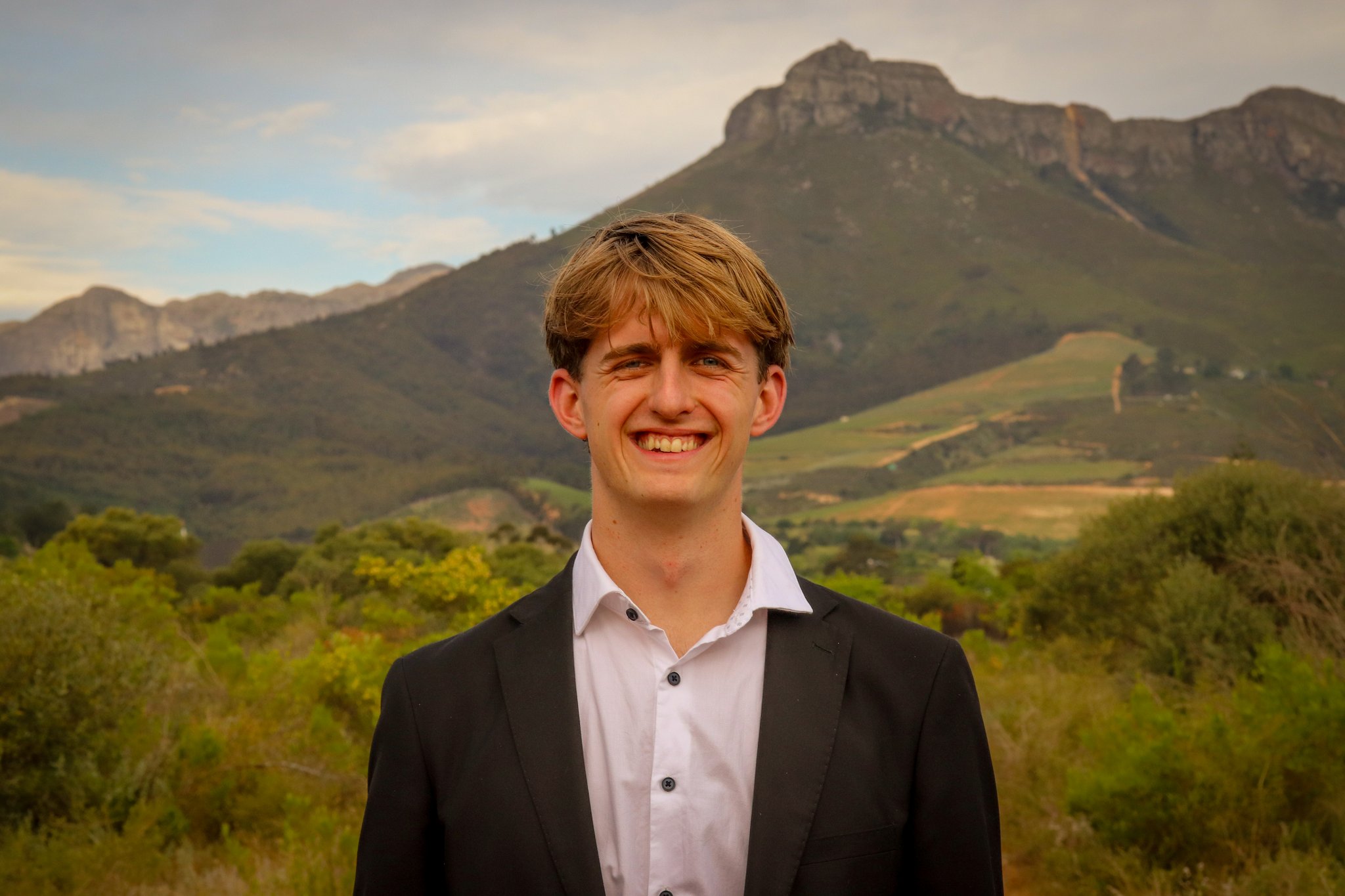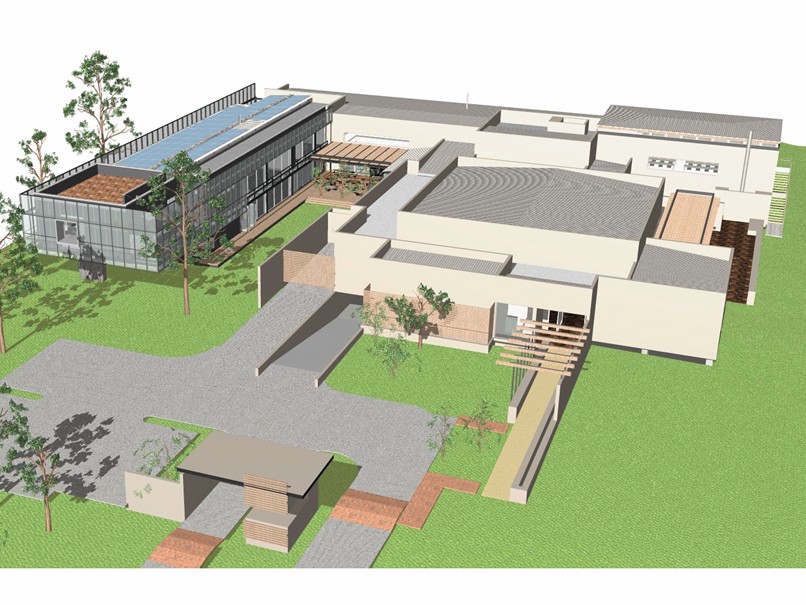BY AURELIA MOUTON & MARDENE VAN SCHALKWYK
As 2022 approaches, the annual leadership transition at Stellenbosch University (SU) has begun. After the recent student leadership elections in August and their subsequent results, the 2021/2022 Students’ Representative Council (SRC) has officially commenced its leadership term. Heading the SRC are chairperson Viwe Kobokana, and vice-chairperson Philip Visage.
Kobokana and Visage succeed outgoing chairperson Xola Njengele and vice-chairperson Kira Alberts. Following recent controversies surrounding the election and disqualification of certain candidates, as well as a lower voter turnout than the previous 2020/2021 election, it appears that the new chairperson and her team might still have to win the trust of some SU students.
“I really want students to have faith in the SRC again. I want students to have faith in their leaders… [F]or me, personally, I would love to be the leader that if I say everything is going to be okay, students trust that and can go about their business knowing Viwe is going to do everything she can to get it sorted,” said Kobokana, referring to the registration fee debacle earlier this year, in which students continued to protest despite the SRC’s announcement that the issue would be resolved promptly.
Kobokana, a third-year BSc (Human Life Sciences) student, has previously served as a member of the SRC, under the portfolio of Transformation.
“Having served as the Transformation SRC, people already know what my priorities are. The institution is ready for what a transformative SRC looks like. In terms of knowledge, I’ve gained an understanding of our university and its history. [I] know what the history is and I’ve come to appreciate it, but then I have also come to appreciate how history can be protected while transforming. We can still move towards making this a better space for other people without at all putting the history of our university at risk,” said Kobokana, reflecting on her previous SRC term.
Kobokana stated that the three focus areas for the SRC are education, holistic wellness and accessibility, with the latter referring to both physical accessibility as well as accessibility to the resources that SU has to offer. She also mentioned that, in terms of education, the goal is for the SRC to create opportunities for positive knowledge engagement.
With reference to Kobokana’s statement about the SRC’s focus, Anrika Engelbrecht, a first-year LLB student, had the following to say: “It’s a great statement and I look forward to seeing if they can actually implement it because it’s very idealistic. If it happens, then it’s great. But if it doesn’t happen, then I won’t be surprised because previous SRCs have not lived up to their statements.”
As opposed to Engelbrecht, others might feel that the SRC has been doing their part. “I think it is important that all students should know, and the SRC should also know, that we know that you can only deal with situations to a certain extent, but just speaking out and showing the students that we are heard and that they understand and try their best, I think, is the best way to approach situations,” said Ruth van der Heever, a first-year BCom (Law) student.
Visage, a fourth-year BAccLLB student who has served two terms on the SRC under the Culture portfolio and as treasurer of the SRC, said, “As treasurer, the biggest advantage for me was working with all the portfolios. I was actively involved, not just paying for things. Just learning what works and what doesn’t gave me in-depth knowledge into what goes on in all the portfolios and how to structure and coordinate things. That, I think, is going to ensure that, as vice-chair, I can help build on ideas.”
This year’s SRC election had a voter turnout of 2574, compared to the record-breaking 3543 votes cast in the 2020 SRC election. Visage believes that the SRC’s efficacy and the student body’s trust in them will be reflected in next year’s SRC election.
With regard to this voter turnout, Visage concluded by saying, “We need to get better applicants and…the voter turnout needs to increase, and that’s how we’ll practically see if we have been successful.”



